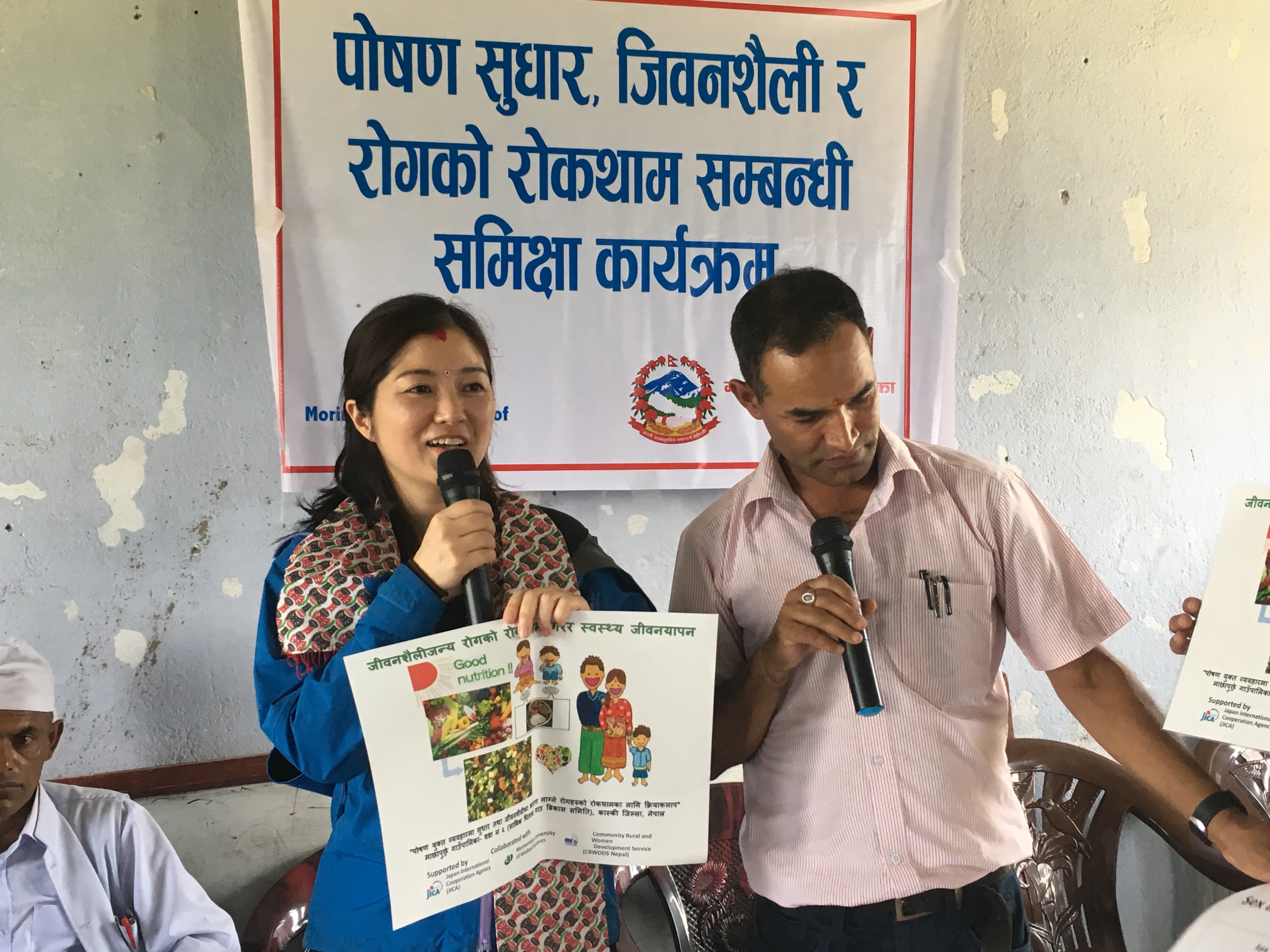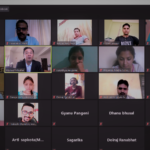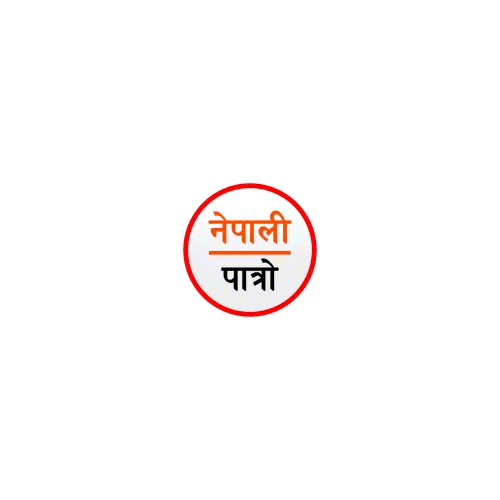Trafficking of women and girls
Japan- I am aggrieved at the poverty, lack of educational opportunities, and caste-based discrimination that influence the trafficking of girls in Nepal. According to many information sources, the most serious factors that have been identified as the main driving force behind human trafficking are poverty and ignorance.
Additionally, there are other multiple factors, for example, caste-based discrimination, educational background, literacy, lack of resources, lack of human and social capital in security, gender discrimination, social explosion, rural life, breakdown of the community support system, and so on.
I believe that it is the responsibility of girls and women themselves to change the status quo, and I have worked on empowering women in developing countries. Education is essential for women’s rights to be protected, and it is necessary for women and girls to have the ability to think, acquire information, and make decisions on their own.
It is also important to change the values that parents have and to encourage a culture in which the true happiness of girls and women can be considered and respected. Many Nepali girls are suffering from being forced to engage in sex work; their sadness and distress are immeasurable. “She who is having a dream and a hope hath trouble upon trouble, and suffers
anguish upon every side.”
Ralph Waldo Emerson said, “To be yourself in a world that is constantly trying to make you something else is the greatest accomplishment.” I believe in individual human power, and there are a lot of things that we can do. The trafficking of children for sexual exploitation violates basic human rights and constitutes a major global problem. Pediatricians, gynecologists, and other health care professionals encounter victims with infections, injuries, unwanted pregnancies, posttraumatic stress disorder, suicidality, or a variety of other physical or mental health
conditions.
Let’s join hands in undertaking this work to protect girls and women by equipping skilled, local staff to offer training, education, counseling, medical care, training in enhancing self-care power, and other programs that reach women and girls, as well as boys.
Our goals are helping to end the cycle of gender-based discrimination and violence. Preventing child trafficking, acknowledging victimization, and intervening effectively require a women’s health approach that incorporates rigorous research on the risk factors, health outcomes, and effective treatment options for women’s exploitation as well as implementation and evaluation of prevention programs.
Health care professionals need training to recognize possible signs of exploitation and to intervene appropriately. The trauma of sexual abuse is often compounded by the myths, prejudices, and stigma associated with exploitation. Survivors who have internalized these myths have to fight feelings of guilt and shame. The burden can be overwhelming, especially if the people they come into contact with reinforce those myths and prejudices.
Nepalese women and girls have been exposed to discrimination for a long time. A lot of girls are suffering from sexual abuse, child labor, trafficking, child marriage, and other offenses in Nepal. Women must be empowered to decide on their health, including their sexual and reproductive health, as well as their education, because it can lead to life-changing decisions.
Hiroko Sakai
Nursing Department in the medical university JAPAN

















